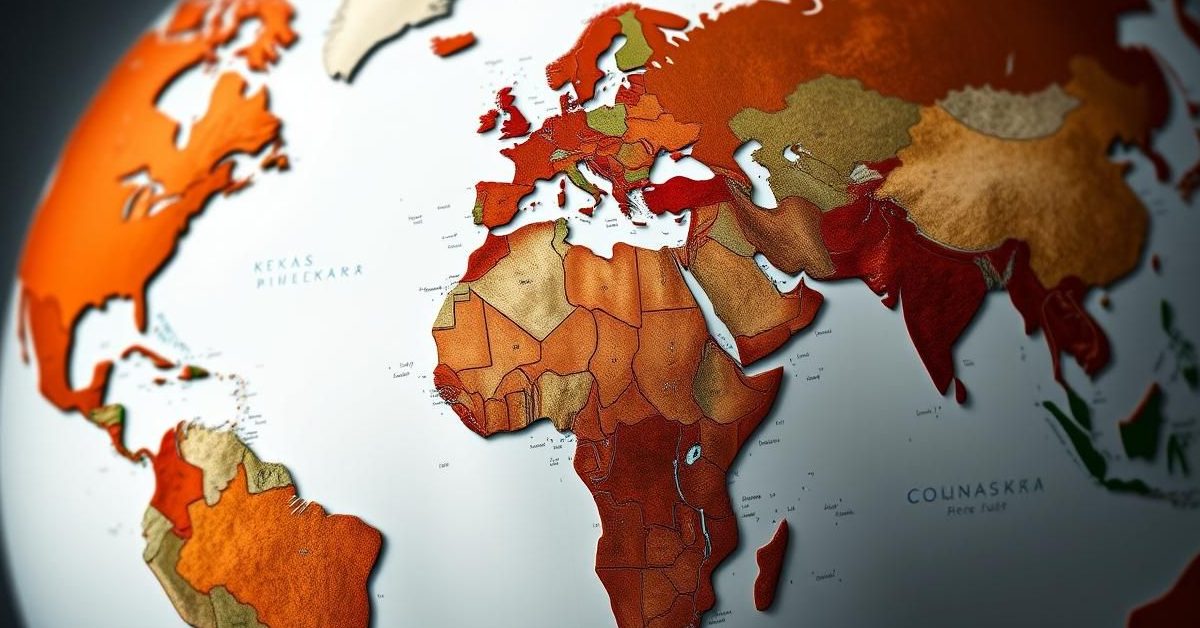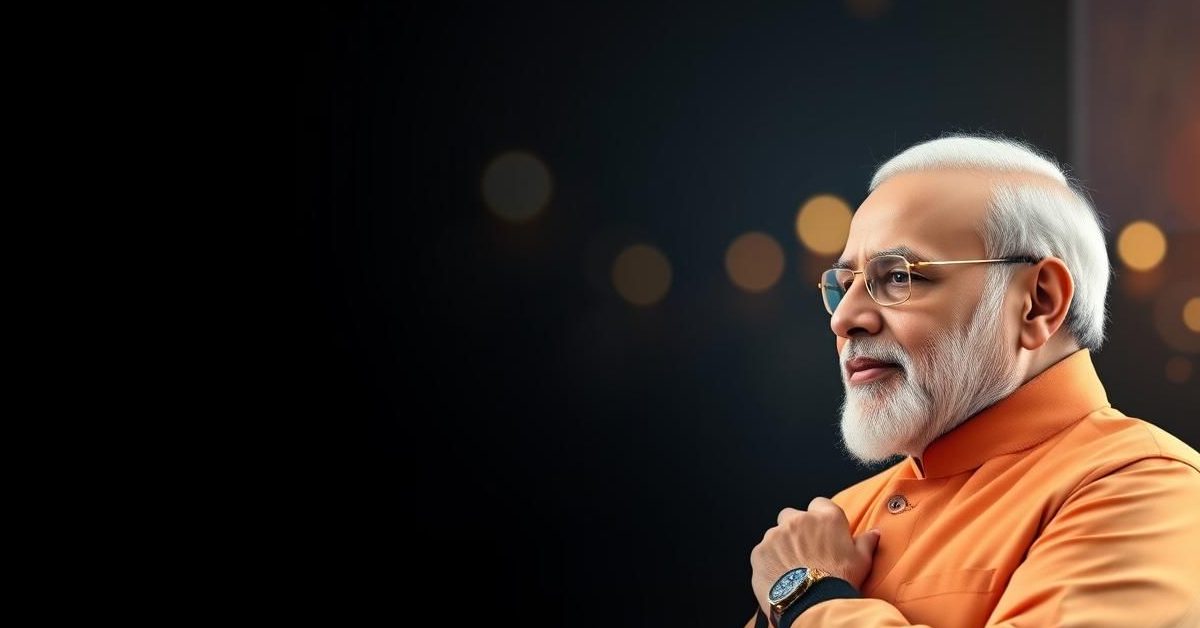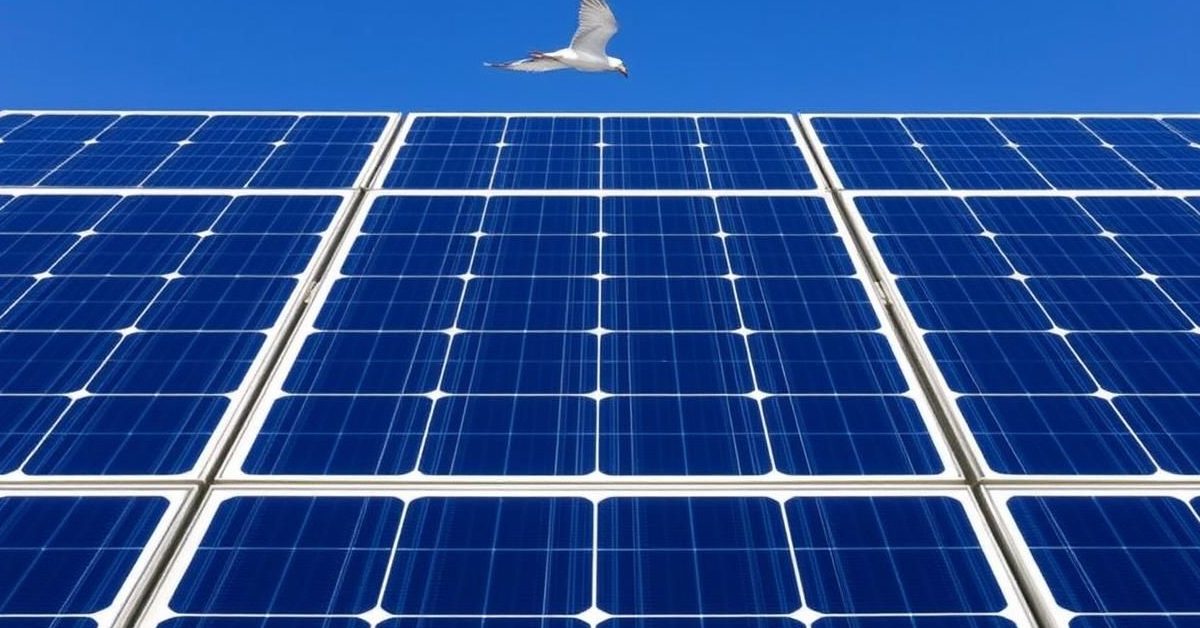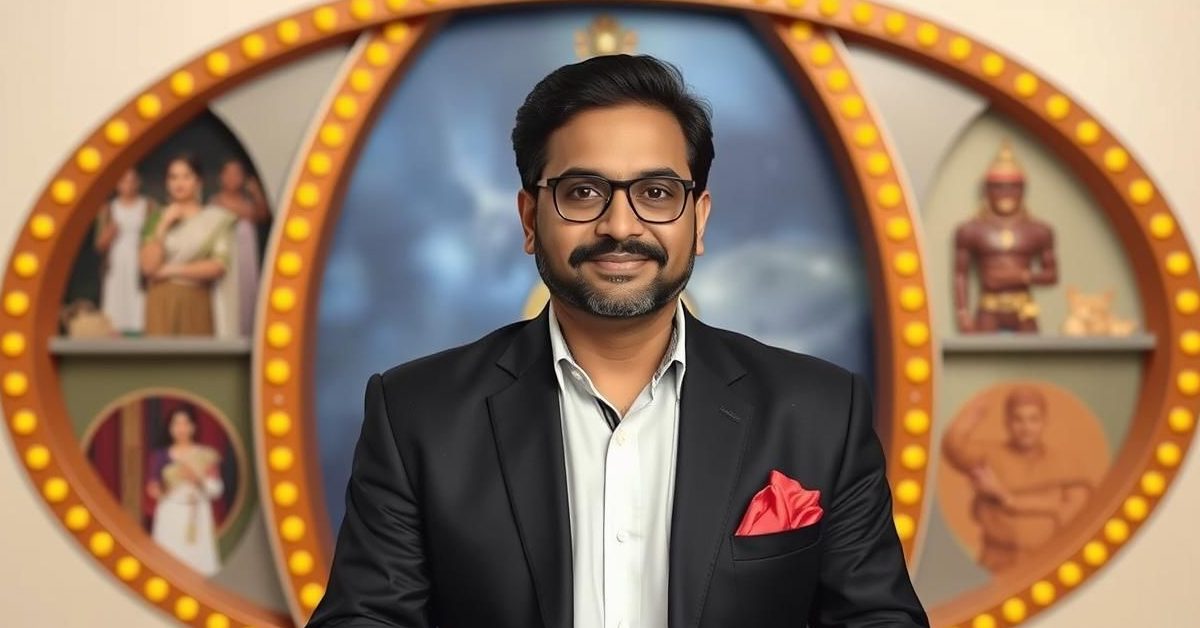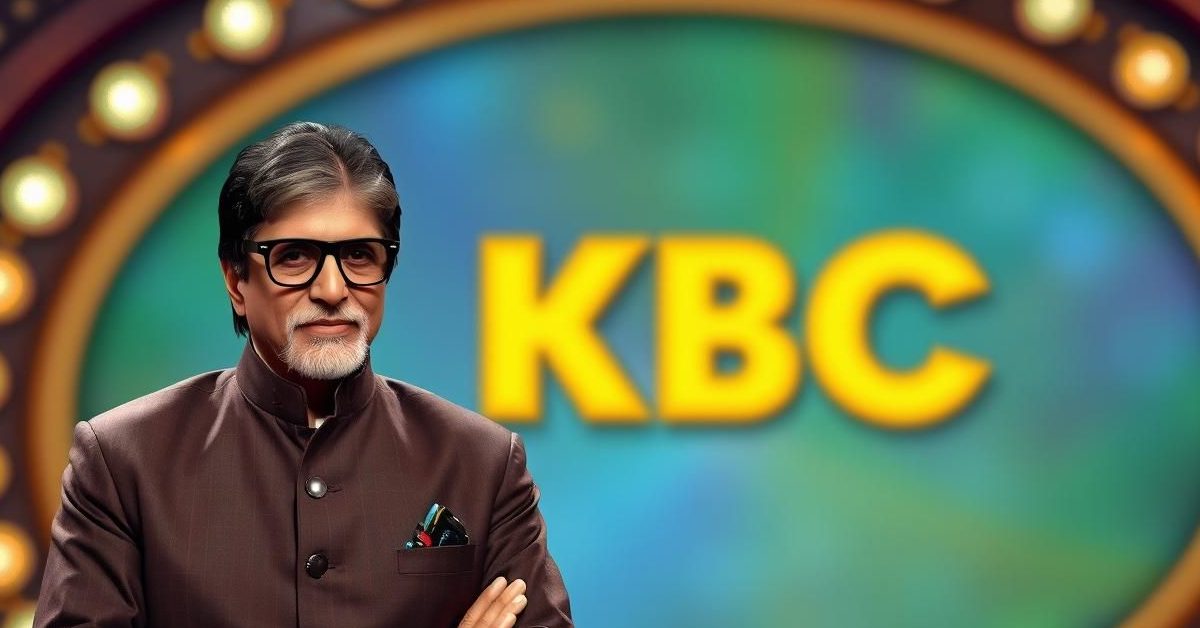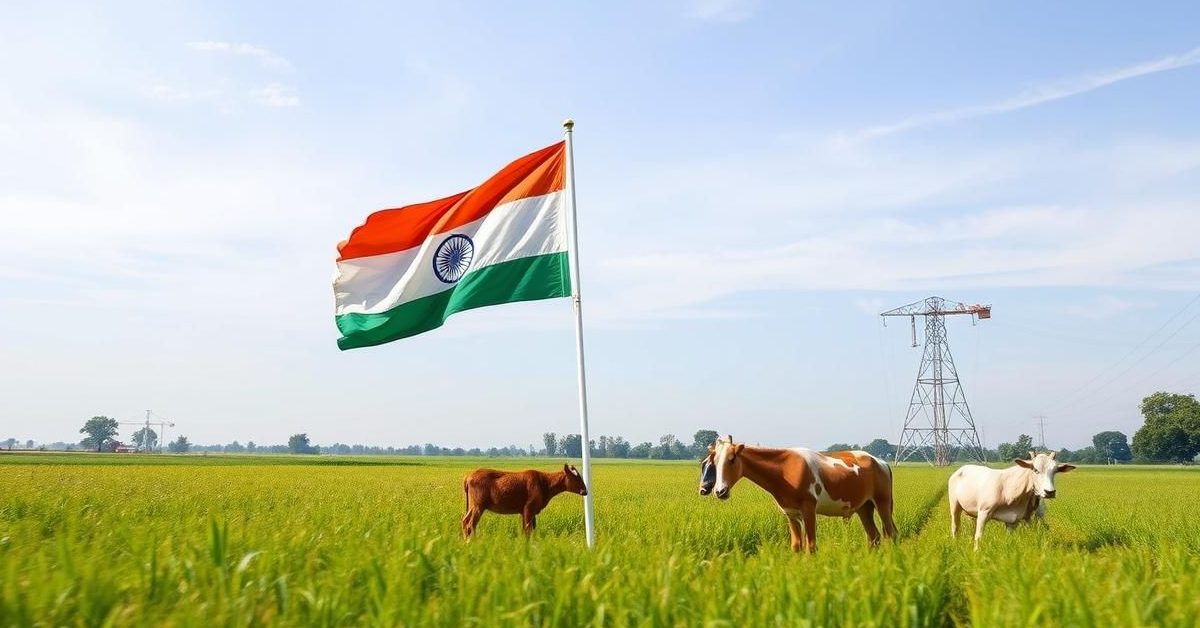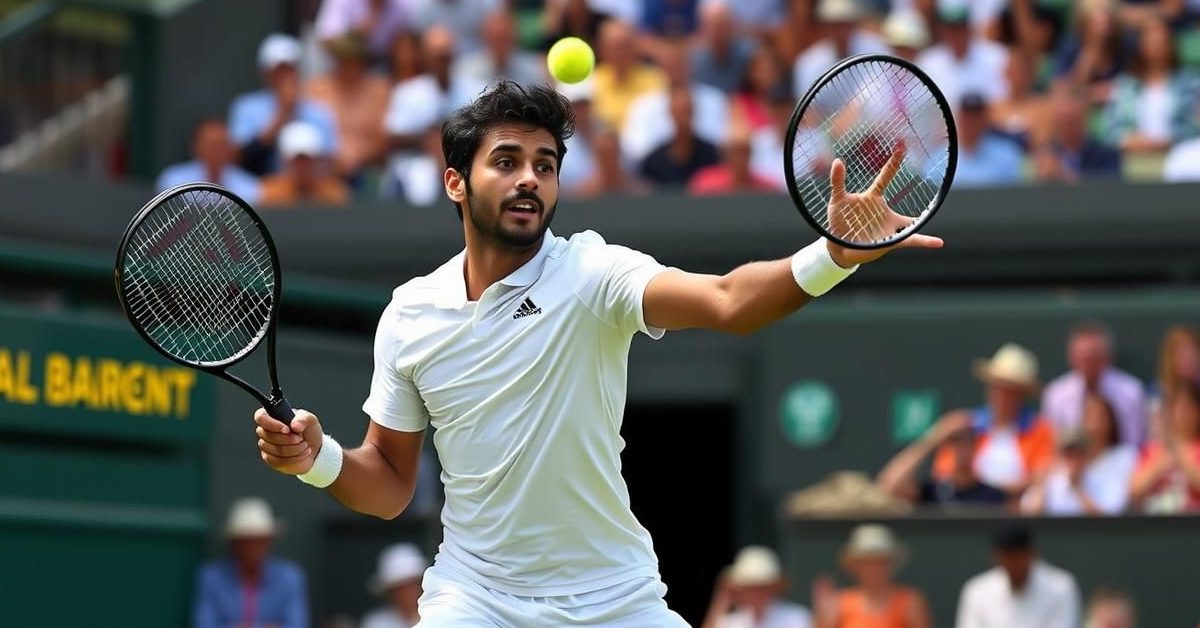The global geopolitical landscape is undergoing a profound transformation, characterized by shifting alliances, economic realignments, and the emergence of new centers of influence. Amidst this dynamic environment, nations are redefining their roles and responsibilities on the international stage. Two critical areas of focus highlight this evolution: India’s ambitious endeavor to champion the ‘Global South’ and the North Atlantic Treaty Organization’s (NATO) recalibrated defense strategy, notably exemplified by Germany’s dramatic rearmament.
India’s Ascendant Voice: Championing the Global South
India has strategically positioned itself as a leading advocate for the Global South, aiming to reshape global discourse by amplifying the collective aspirations and concerns of developing nations. This positioning is not merely symbolic; it is a concerted effort manifested through extensive bilateral engagements, active participation in multilateral forums, and innovative initiatives.
Forging Deeper Bonds: Strategic Diplomatic Outreach
A cornerstone of India’s outreach strategy involves high-level bilateral visits designed to foster stronger economic, strategic, and cultural ties. For instance, the recent Prime Ministerial visit to Ghana marked the first such trip in three decades, signaling a renewed commitment to strengthening economic cooperation, energy partnerships, defense collaboration, and development initiatives with West Africa’s rapidly growing economy. India stands as Ghana’s largest export destination, with gold accounting for a significant portion of imports.
In the Caribbean, a visit to Trinidad and Tobago, home to a substantial Indian diaspora and led by prominent figures like Prime Minister Kamla Persad-Bissessar and President Christine Carla Kangaloo, underscores the importance of cultural affinity and historical links in diplomatic relations. This visit, the first bilateral by an Indian Prime Minister since 1999, highlighted the enduring bond with the diaspora community.
Across South America, India’s engagement with Argentina has seen remarkable progress, particularly in critical mineral resources like lithium, vital for India’s transition to green energy. Bilateral discussions between the two presidents, including on the sidelines of the G20 Summit in Rio de Janeiro, have focused on bolstering collaboration in agriculture, mining, oil and gas, and defense. India emerged as Argentina’s fifth-largest commercial partner and export market in 2024, reflecting the deepening economic interdependence.
Brazil, India’s most significant trading partner in South America, has also been a focal point. Strategic partnerships encompassing trade, defense, energy, space, technology, agriculture, and healthcare were central to recent discussions between Prime Minister Modi and President Lula. Such engagements underscore India’s commitment to building robust, diversified relationships across the Global South.
Further demonstrating its environmental stewardship and unique diplomatic initiatives, India’s collaboration with Namibia saw the landmark intercontinental transfer of eight cheetahs to Kuno National Park in Madhya Pradesh in September 2022. This ecological partnership complements a growing economic relationship, with Indian corporations investing significantly in Namibia’s mining, manufacturing, diamond processing, and services sectors, driving bilateral trade to around $600 million today from under $3 million in 2000.
Multilateral Platforms: Amplifying Shared Aspirations
Beyond bilateral visits, India leverages multilateral forums like BRICS to champion the Global South’s interests. Through these platforms, India advocates for crucial issues such as global governance reform, peace and security, genuine multilateralism, responsible use of artificial intelligence, urgent climate action, and equitable global health initiatives. By articulating these shared concerns, India seeks to ensure that the voices and priorities of developing nations are not merely heard but are integral to shaping international policies and frameworks.
Measuring Impact: Reshaping Global Discourse
The effectiveness of India’s outreach lies in its capacity to transform the global discourse from a narrative dominated by established powers to one that acknowledges and integrates the perspectives of the Global South. By offering alternative models of development cooperation and emphasizing shared challenges rather than geopolitical divides, India aims to foster a more inclusive and equitable world order. This proactive diplomacy not only enhances India’s strategic autonomy but also solidifies its image as a reliable and credible leader for nations seeking a stronger, more balanced global framework.
NATO’s Evolving Stance: Germany’s Strategic Rebalancing
In parallel to India’s diplomatic ascendance, the North Atlantic Treaty Organization (NATO) is undergoing its own significant recalibration. Faced with escalating global challenges, including renewed Russian aggression in Ukraine, growing Chinese assertiveness, and persistent instability in the Middle East, NATO members have agreed to a historic increase in their collective defense spending commitments.
The New 5% Commitment: Responding to Geopolitical Pressures
NATO’s ambitious new standard mandates member states to increase their defense spending to 5% of their individual GDP. This commitment is strategically divided: 3.5% is earmarked for core defense aligned with NATO Capability Targets, while the remaining 1.5% is dedicated to enhancing infrastructure resilience, bolstering cyber defense, fostering innovation, and improving overall preparedness. This comprehensive approach reflects a deep understanding of modern security threats, extending beyond traditional military capabilities.
Germany’s Pivotal Role: Reawakening a Defense Giant
Among NATO members, Germany has emerged as a key player in this strategic shift, embarking on its most substantial rearmament effort since reunification. For years, Germany, alongside other nations like Spain and Slovakia, had fallen short of NATO’s previous 2% spending target, only reaching it in 2024. However, the current geopolitical climate has spurred a dramatic change in Berlin’s policy.
Germany has pledged to increase its defense spending to 3.5% of GDP by 2029, a significant leap from 2.4% in 2025. This translates to a projected increase from €86 billion in 2025 to approximately €153 billion by 2029, representing Germany’s largest military allocations in peacetime. To finance this unprecedented shift, Germany has adopted daring fiscal measures, including suspending its constitutional “debt brake” and seeking an EU exemption under the Stability and Growth Pact to categorize defense spending as extraordinary investment, allowing for borrowing beyond conventional limits.
Navigating Autonomy and Alliance: Germany’s Delicacy
Germany’s new defense framework reflects NATO’s broader understanding of contemporary security. Beyond direct military hardware, the plan includes substantial investment in military-relevant infrastructure such as digital systems, transportation corridors, logistical centers, and dual-use facilities. Chancellor Friedrich Merz has actively championed dual-purpose infrastructure, recognizing its critical role in both national and alliance stability.
This strategic reorientation, while addressing collective security obligations, also underscores Germany’s nuanced approach to maintaining its strategic autonomy within the alliance. By strengthening its own defense capabilities and infrastructure, Germany not only contributes robustly to NATO’s collective posture but also enhances its capacity to act independently where its national interests dictate. This delicate balance reflects a mature and adaptive foreign policy, aiming to secure its future amidst an increasingly unpredictable global landscape.
A Dynamic Global Stage
The interwoven narratives of India’s leadership in the Global South and Germany’s evolving defense posture within NATO highlight the profound shifts occurring in international relations. From the rising influence of non-Western powers to the redefinition of security paradigms, the world is witnessing a period of intense flux. These developments underscore the imperative for nations to forge new partnerships, adapt their strategies, and navigate a complex web of interconnected challenges and opportunities, ultimately shaping the collective future of global diplomacy and security.
